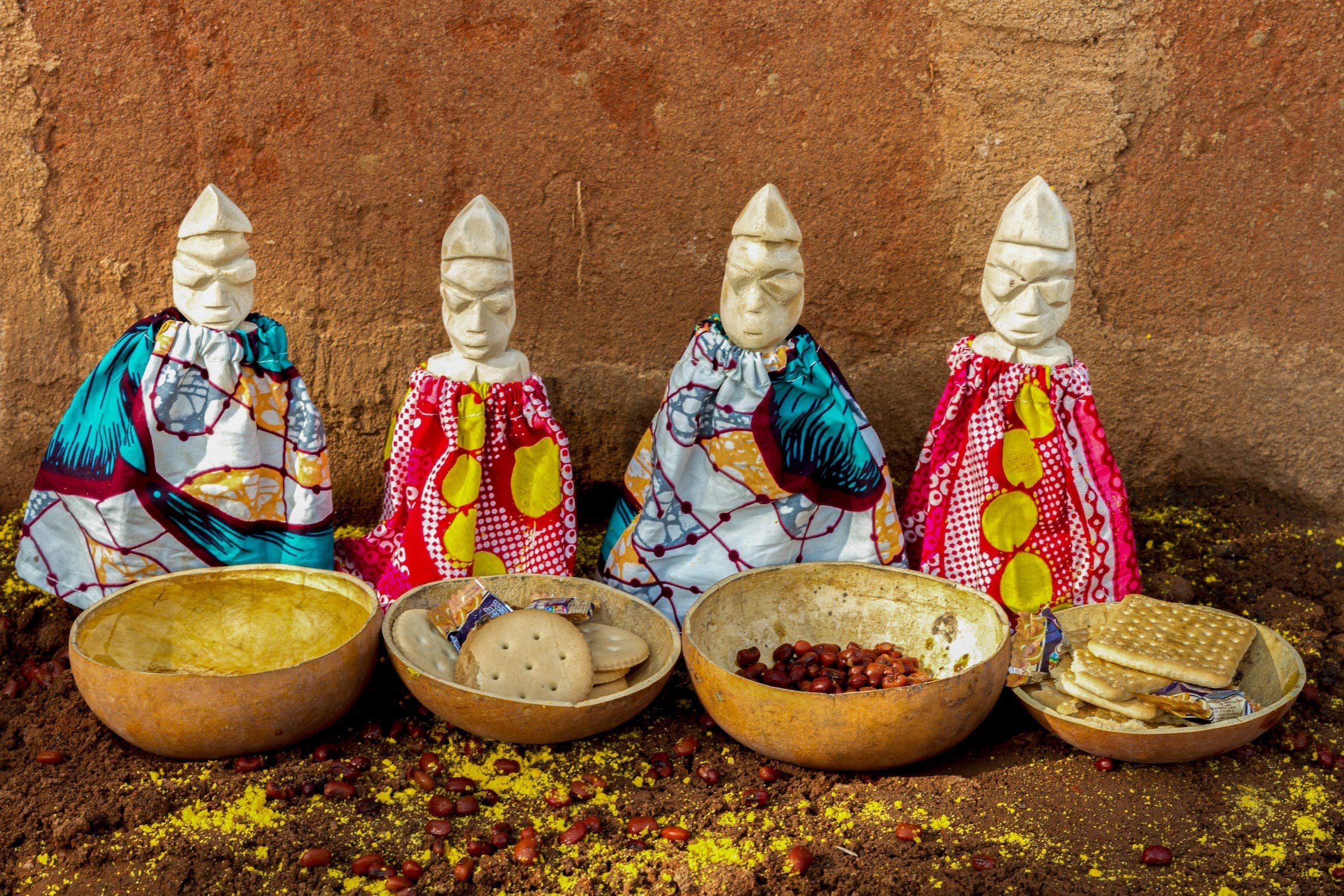It’s an overcast Saturday morning on Gladys Avenue in Skid Row — a 54-block area in downtown Los Angeles, home to one of the country’s most stable populations of people experiencing homelessness or housing insecurity.
Andrew Jiang, of Alhambra, a city in western Los Angeles county, is there with a group of around 15 other volunteers with the Friars and Sisters Poor of Jesus Christ to serve chicken, rice, and vegetables to some 150 people living on Skid Row. On other days, a team of friars, nuns, and volunteers will walk block to block, distributing up to 400 sandwiches to more than 200 people.
Jiang, who has volunteered on Skid Row since 2018, said, “You get to know some of the people, develop a relationship. We try to do more than just hand out food, but talk and get to know their stories.”
Sister Goretti and others serve migrant families on Skid Row (PHOTO: Courtesy Sisters Poor of Jesus Christ Los Angeles)
In recent months, Jiang said he has noticed, among the usual crowd queuing in line, an upswing in the number of new faces, many of them from Central and South America. “Immigrants,” Jiang said. “In the last five years, I hadn’t met a single one down here, but now we meet at least a few every week.”
Skid Row is seen by many as the epicenter of the U.S.’s unhoused epidemic; it’s now home to an increasing number of migrant families from Colombia and Venezuela, being bused in by Republican governors in border states like Texas or making their way here to seek asylum.
According to The Los Angeles Times, “there are more than 100 families living there now, with more than 200 children,” many of whom are recent migrants. While the majority stay at privately funded mission shelters that accept families, a smaller number of these families now reside “in an array of large tents, pup tents and tarp shelters” along Towne Avenue, near Fourth Street, in what the Times called a “last resort for families that have run out of options.”
But Giovanni, a Skid Row resident originally from Mexico, said more families are running out of options. “Whole families from South America are coming here, with their kids and everything,” he said. “They say the numbers are low, but I’ve seen them increasing.”
And as more migrants end up on Skid Row, a Catholic order is stepping in to meet their needs.
This is their story.




















